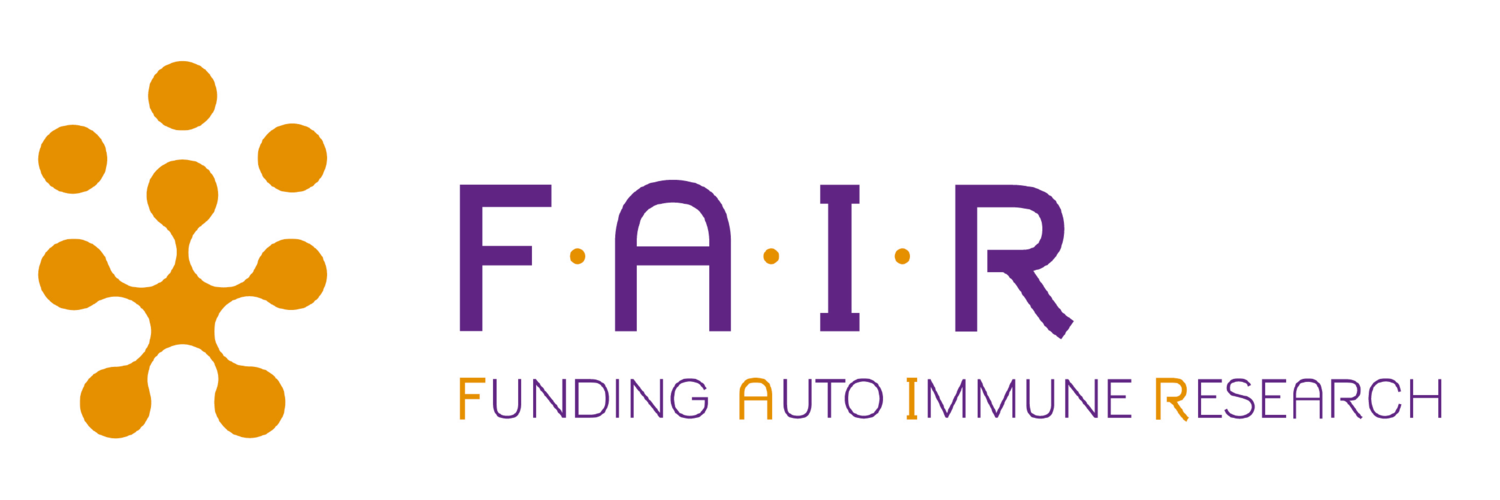Blog Post - Chloe
In September 2016 I started my first year of medical school at the University of Liverpool. After completing our 4th year, we have an opportunity to take a year out to do another degree. After a lot of time spent thinking about what I wanted to do I found what suited me and interested me the most. Following a smaller compulsory research module in my 2nd and 3rd year, I discovered I had a real interest in paediatric research and was inspired by Alder Hey Children’s Hospital. I wanted to follow this through and decided to do a one-year research degree based at Alder Hey.
The project this year is focussing on IgA vasculitis (a.k.a. Henoch-Schoenlein purpura), a condition that mostly affects children aged between 4-10. This condition causes inflammation of the blood vessels which can cause sore joints, stomach pains and inflamed kidneys but most commonly seen is the characteristic rash, normally found on the legs. The main long-term problem associated is due to the inflamed kidneys which can progress to kidney failure. There is no way of knowing which children will get kidney failure and why some get it and others don’t. The aim of this project is to study protein markers in the urine which may give clues to help understand this condition as well as to aid earlier diagnosis of these serious kidney problems and improve the outcome of these patients. Children and their families often suffer, sometimes for long periods of time, with the unknown future of their health and this is a large part of why the research is so significant.
Since September I’ve been working from home and attending virtual meetings several times a week with the EATC4C (Experimental Arthritis Treatment Centre 4 Children) research group. We have weekly meetings to share the progress of our work, as well as a journal club to present new and upcoming research areas. The areas focussed on in the group include lupus, IgA vasculitis, juvenile idiopathic arthritis and other rheumatological conditions. As well as the research, we aim to increase the understanding of these conditions through charity events and awareness days. In the spring/summer of 2021 we are hoping to hold a virtual patient engagement day to update patients and their families about the progress we have made with this research. We are hugely grateful to FAIR for helping to fund this research and ultimately contribute to improving the health and lives of the children who suffer with this condition.

